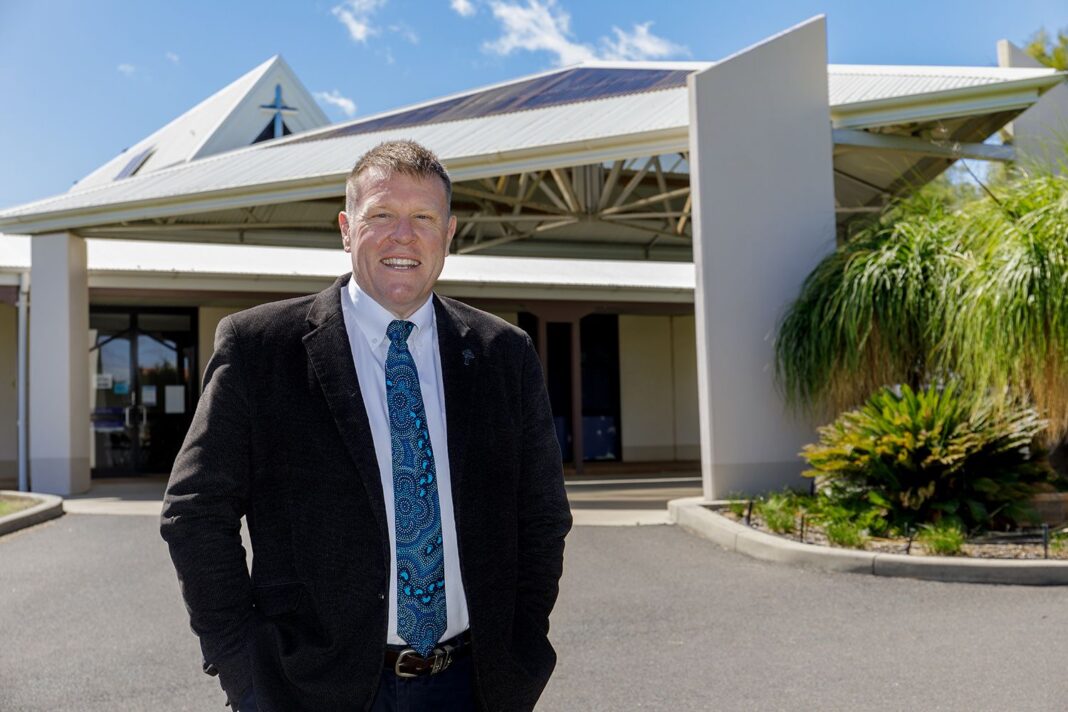The Uniting Church Synod of NSW and ACT and its service arm, Uniting, have hailed Labor MLA Michael Pettersson’s bill to decriminalise possession of hard drugs as a breakthrough.
The church has said the proposed changes to the Australian Capital Territory’s drug laws are a significant step in the right direction and reflect a fact-based health response to drug use in the community.
Mr Pettersson’s private member’s bill put forward last week would see people found with small amounts of drugs for personal use no longer face arrest, fines, or jail time. Instead, offenders would have their drugs confiscated, and be referred to a medical professional.
The Rev. Simon Hansford, Moderator of the Uniting Church NSW and ACT, said: “These proposed laws reflect a desire to treat everyone with dignity and respect, including people who use drugs, and for them to have full access to medical treatment. Drug dependency should be treated with compassion and as a health issue.”
The Uniting Church will seek to raise support for the ACT bill among its churches, and advocate for a similar approach to drug reform to be adopted in NSW.
Uniting has long campaigned for reforms to the current “harsh and outdated” drug laws. It has spearheaded the Fair Treatment campaign to decriminalise all drugs in small quantities, treat drug use as a health issue, and offer more and better treatment options. This is supported by more than 60 legal, medical, community and church groups.
It also established the Southern Hemisphere’s first medically supervised injecting centre (MSIC) at Kings Cross, Sydney, and has also released a paper outlining best-practice approaches to decriminalisation.
“Our drug laws are based on hard and outdated ideas, not modern medical facts and evidence,” Mr Hansford said. “People who have drug dependency are shamed and dehumanised, when they should be offered help to turn their lives around.
“We need to have a more honest and open conversation about alcohol and other drugs. Pretending we can stop all use of drugs is simply not realistic. And to believe our current law and order approach to drugs is working, is simply fanciful.”
Australia recorded 1,740 drug-induced deaths in 2018, equivalent to five deaths every day of the year, Emma Maiden, Head of Advocacy at Uniting, said.
Ms Maiden said there was strong support in the community for drug reform, and 24 countries across the world have already adopted a form of decriminalisation.
“There is a misconception in the community that removing criminal sanctions has risks,” Ms Maiden said. “This assumes criminal sanctions are an effect and appropriate deterrent, or that removing sanctions could send a signal that drugs are permissible.
“The experience of countries that have decriminalised possession does not support this.
“In fact, the more serious social and health problems associated with the use of opioids and methamphetamines mean a health and welfare response is even more appropriate than a criminal response.”



